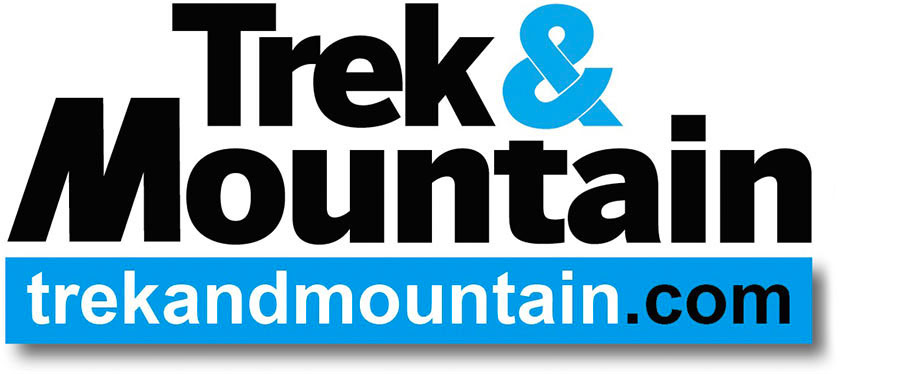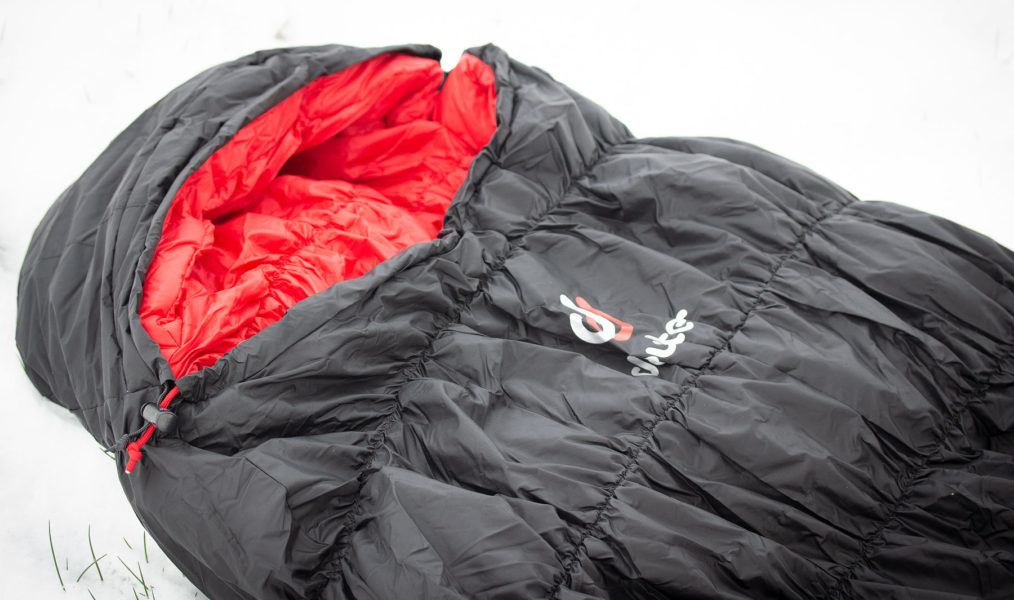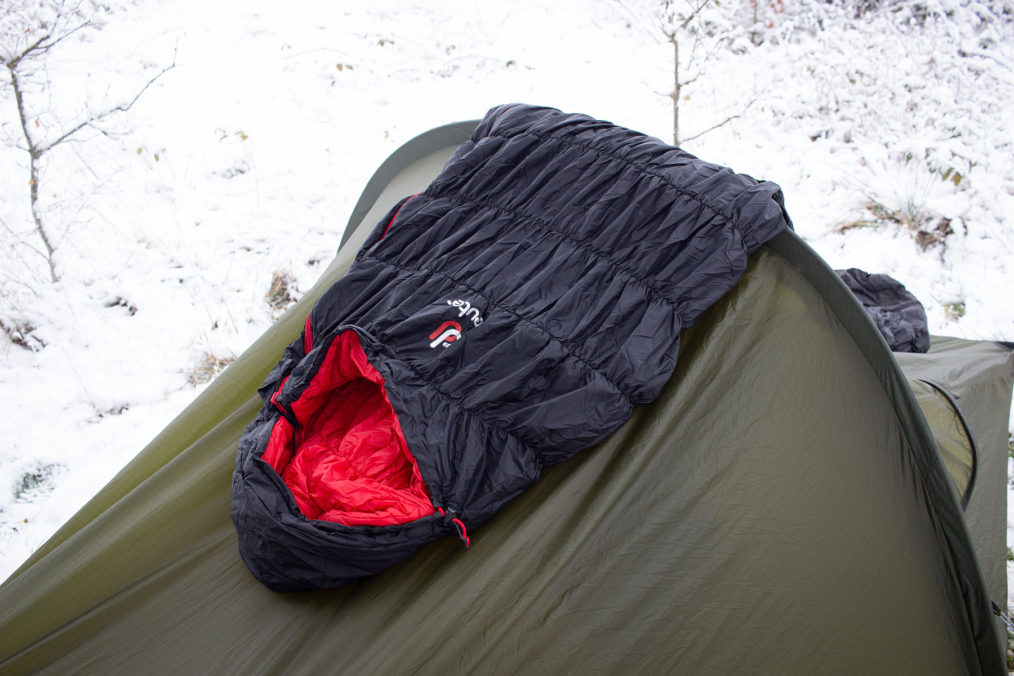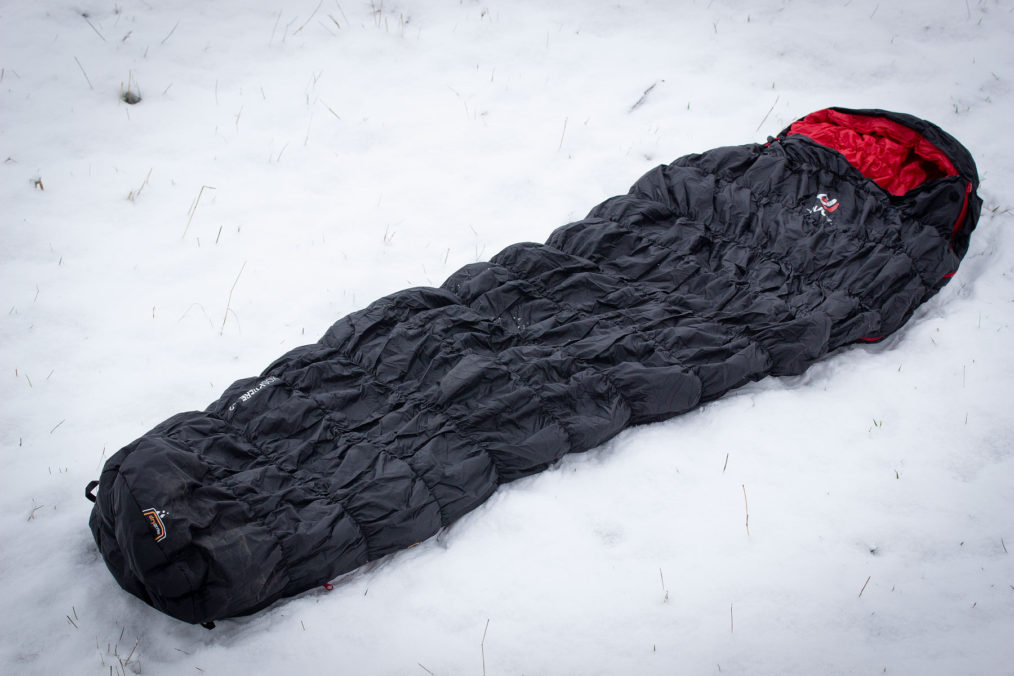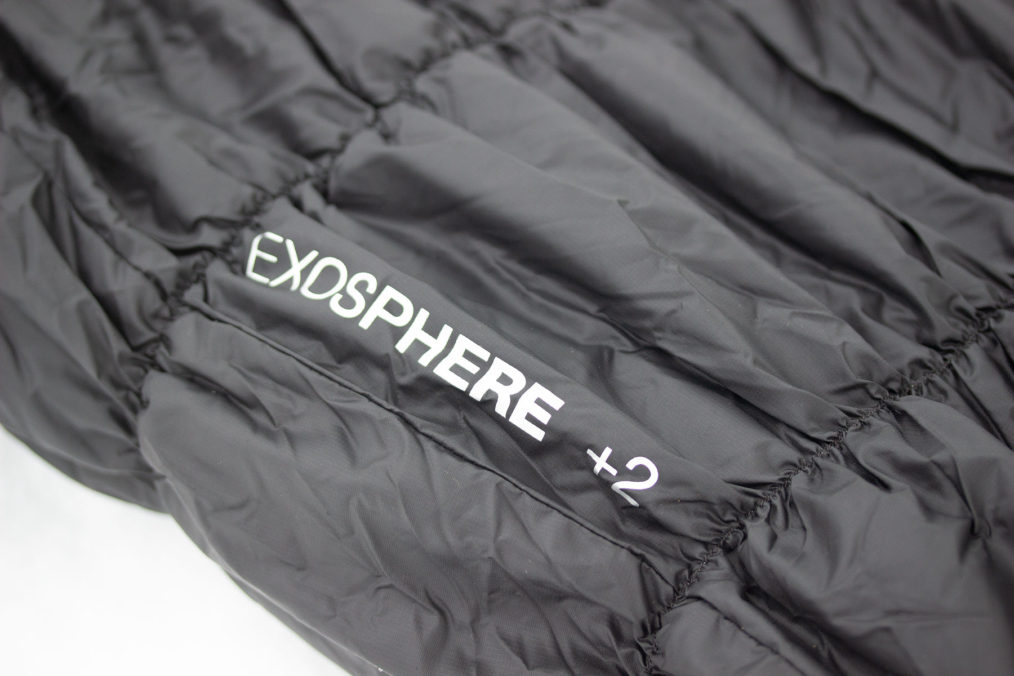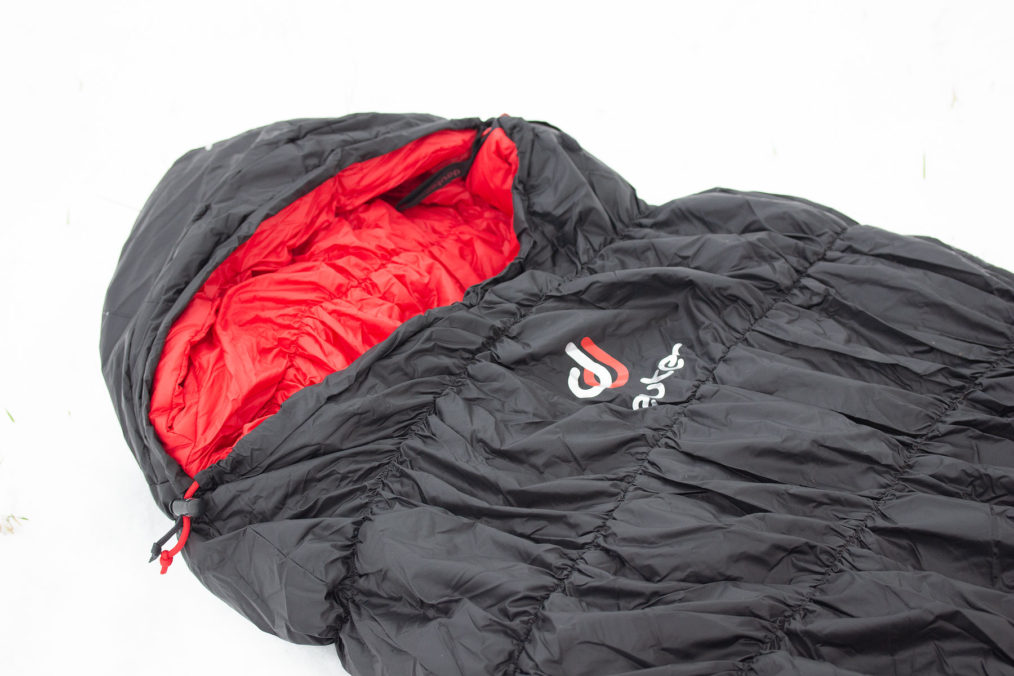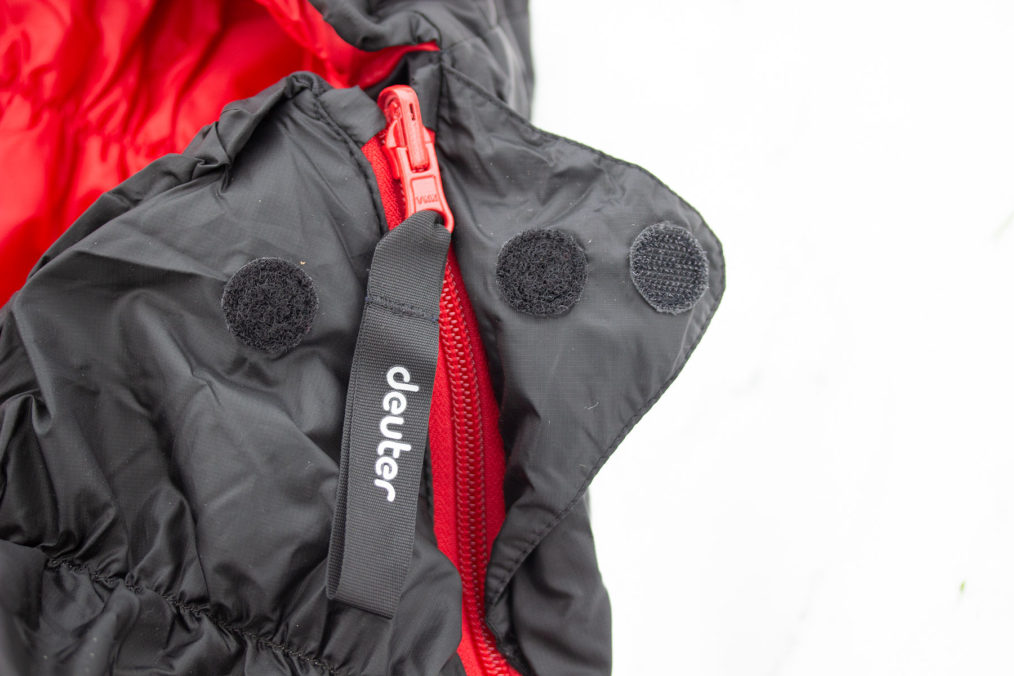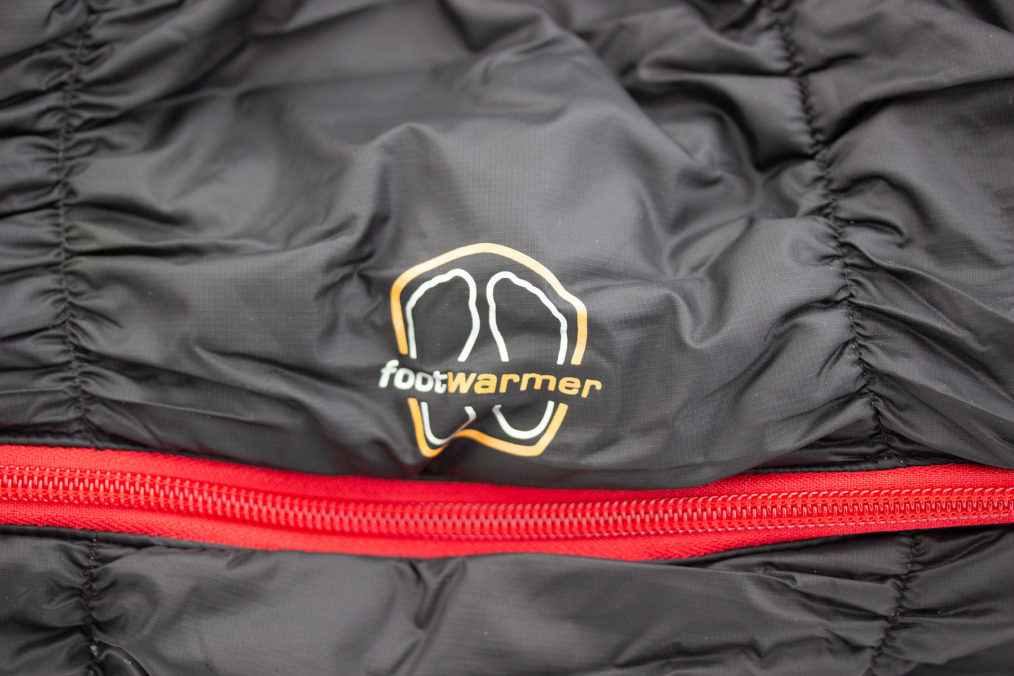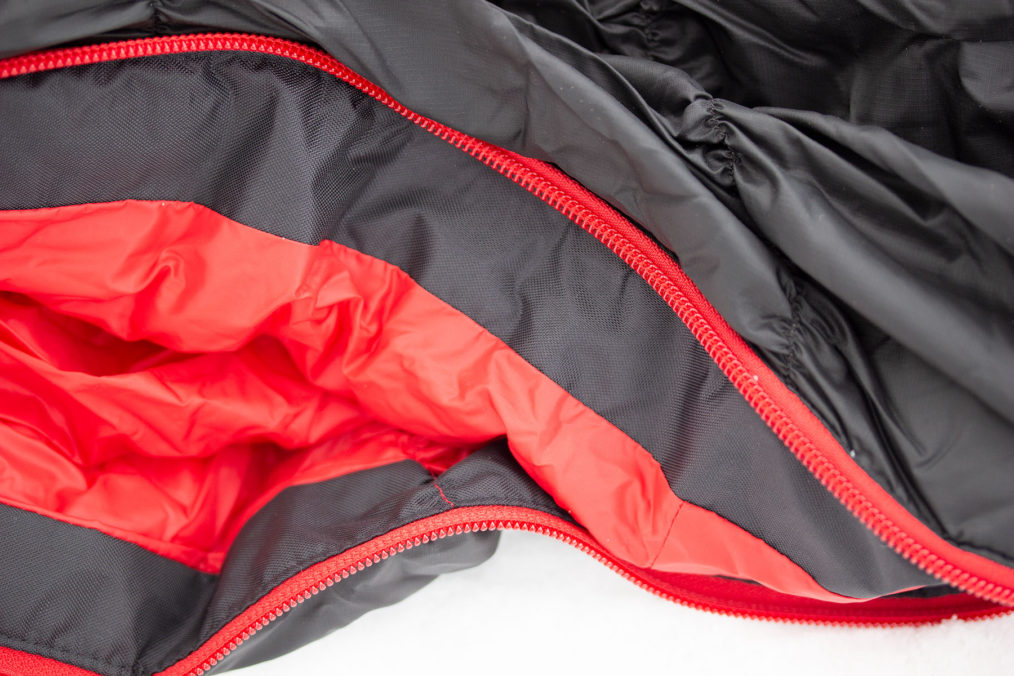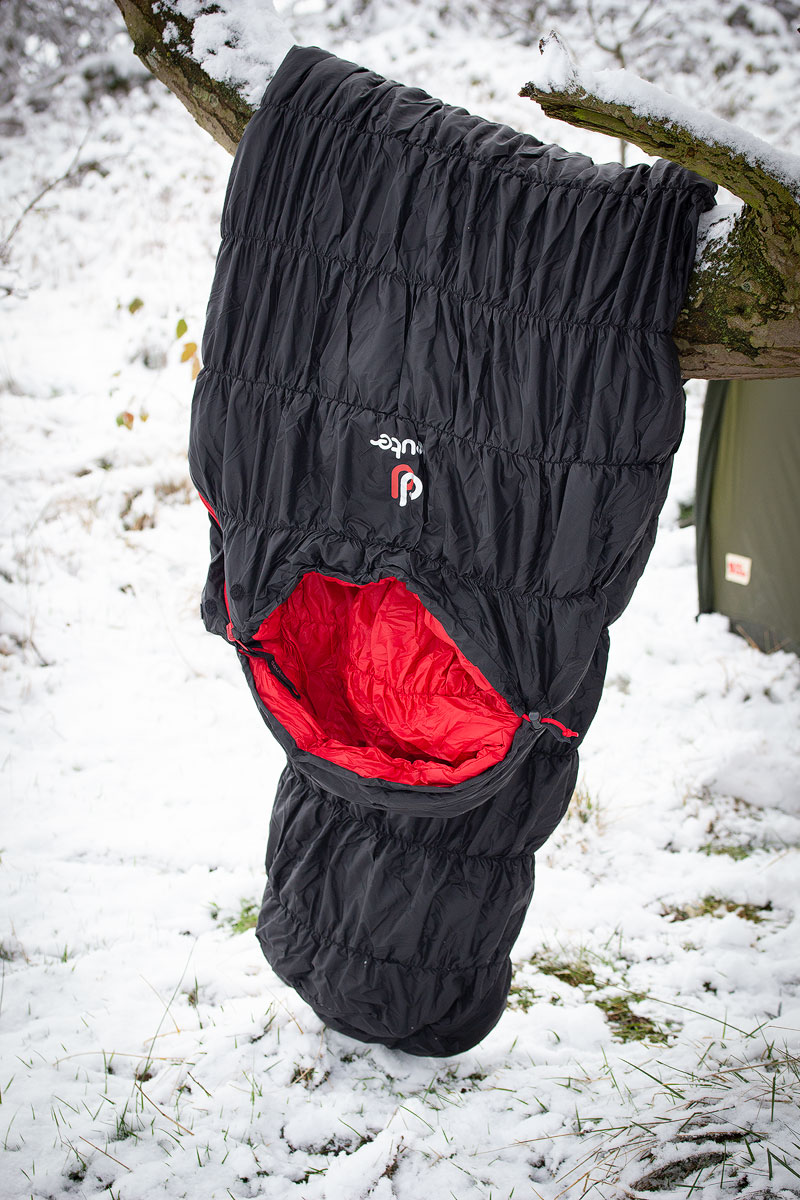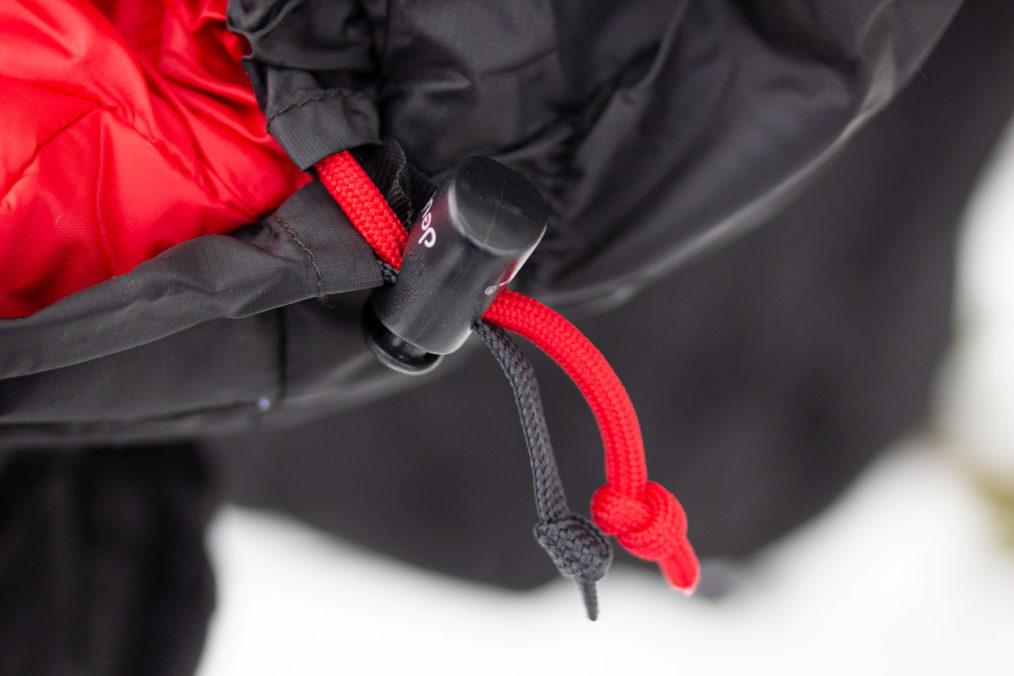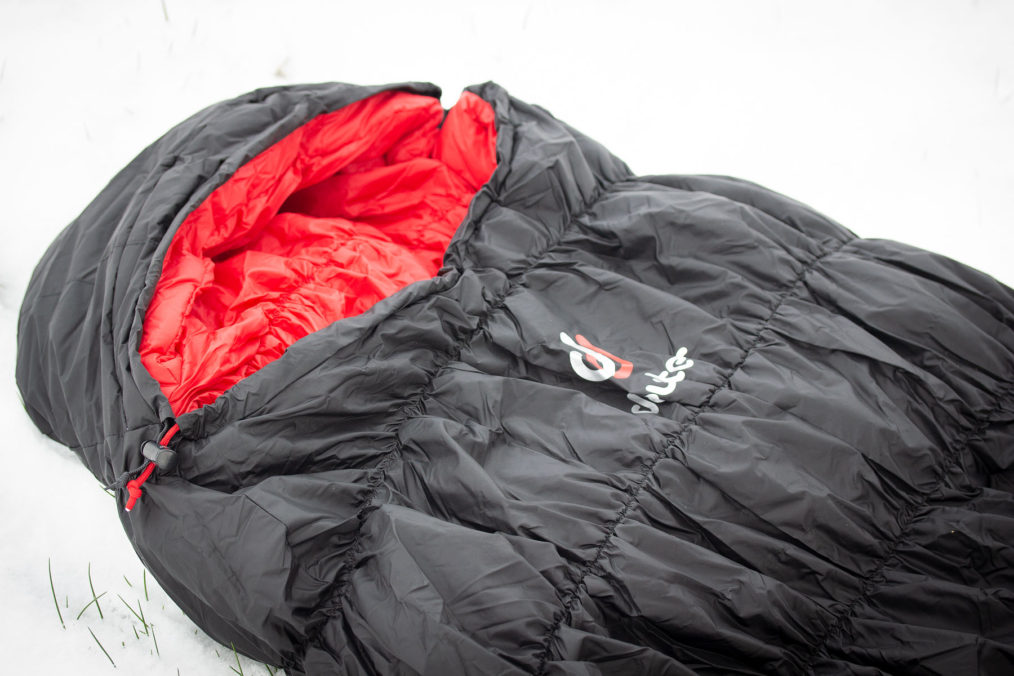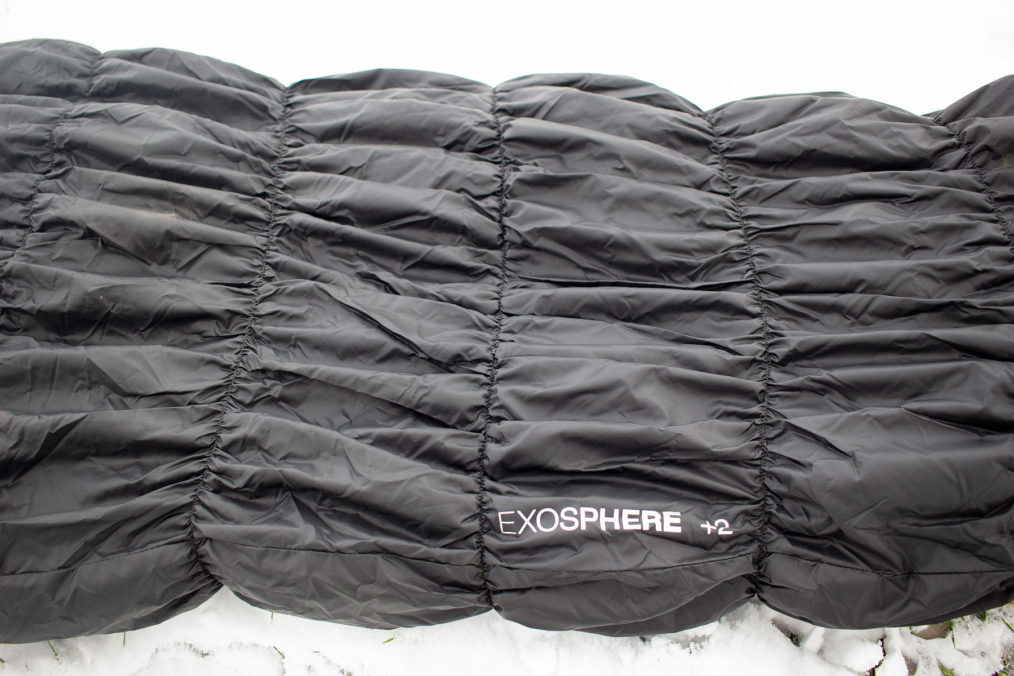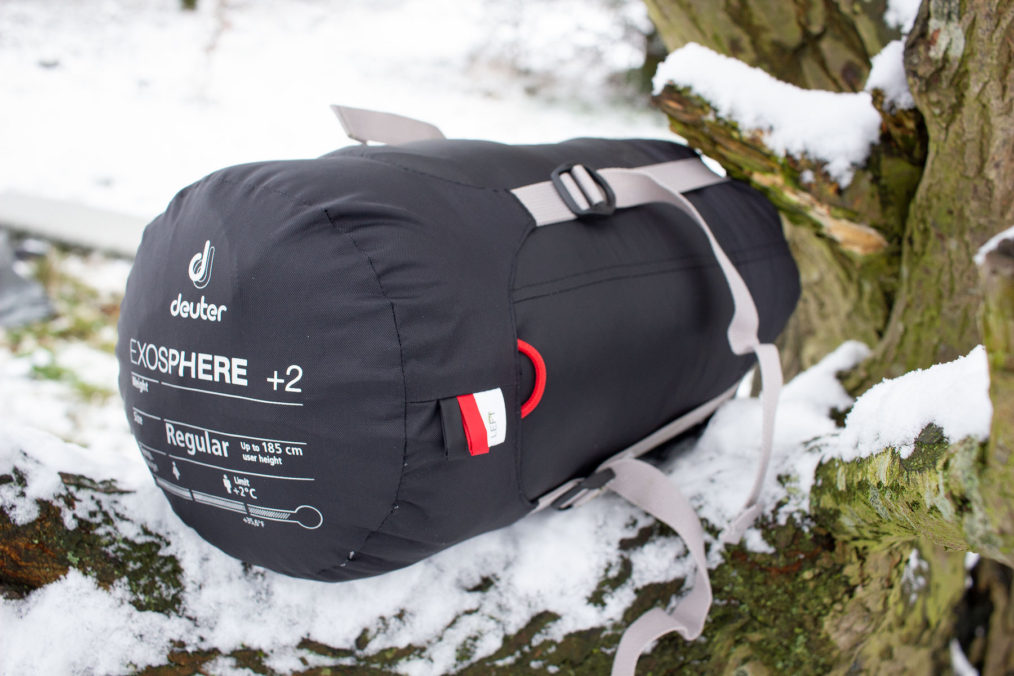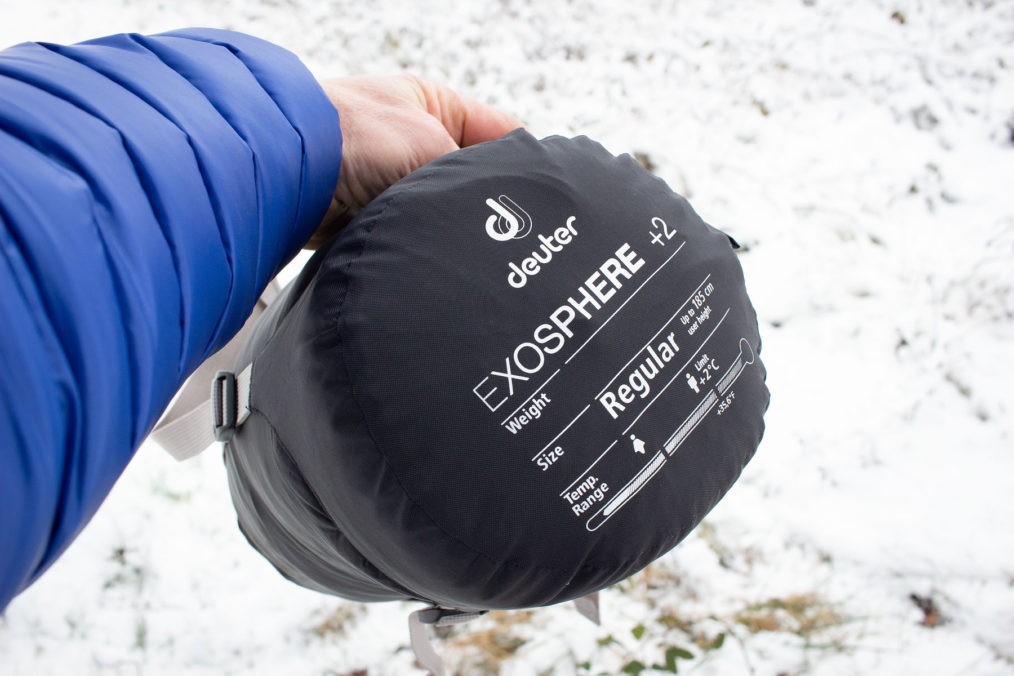Jon Doran tries out the Exosphere 0˚C Sleeping Bag from Deuter...
You probably know about Deuter’s pack range, but if you’re like me, you were possibly only vaguely aware that the German brand also produces a selection of sleeping bags.
And quite interesting ones too if the new Exosphere 0˚ is anything to go by. It’s a synthetically-filled bag with a temperature rating of 0˚C and an unusual stretch design, which is claimed to expand by up to 25% in width and improve comfort, fit and efficiency in the process. There are other features too – a 3D hood, weather-resistant toe area and a construction that stresses equal fill on the top and base of the bag – but it’s the stretchiness that makes it stand out.
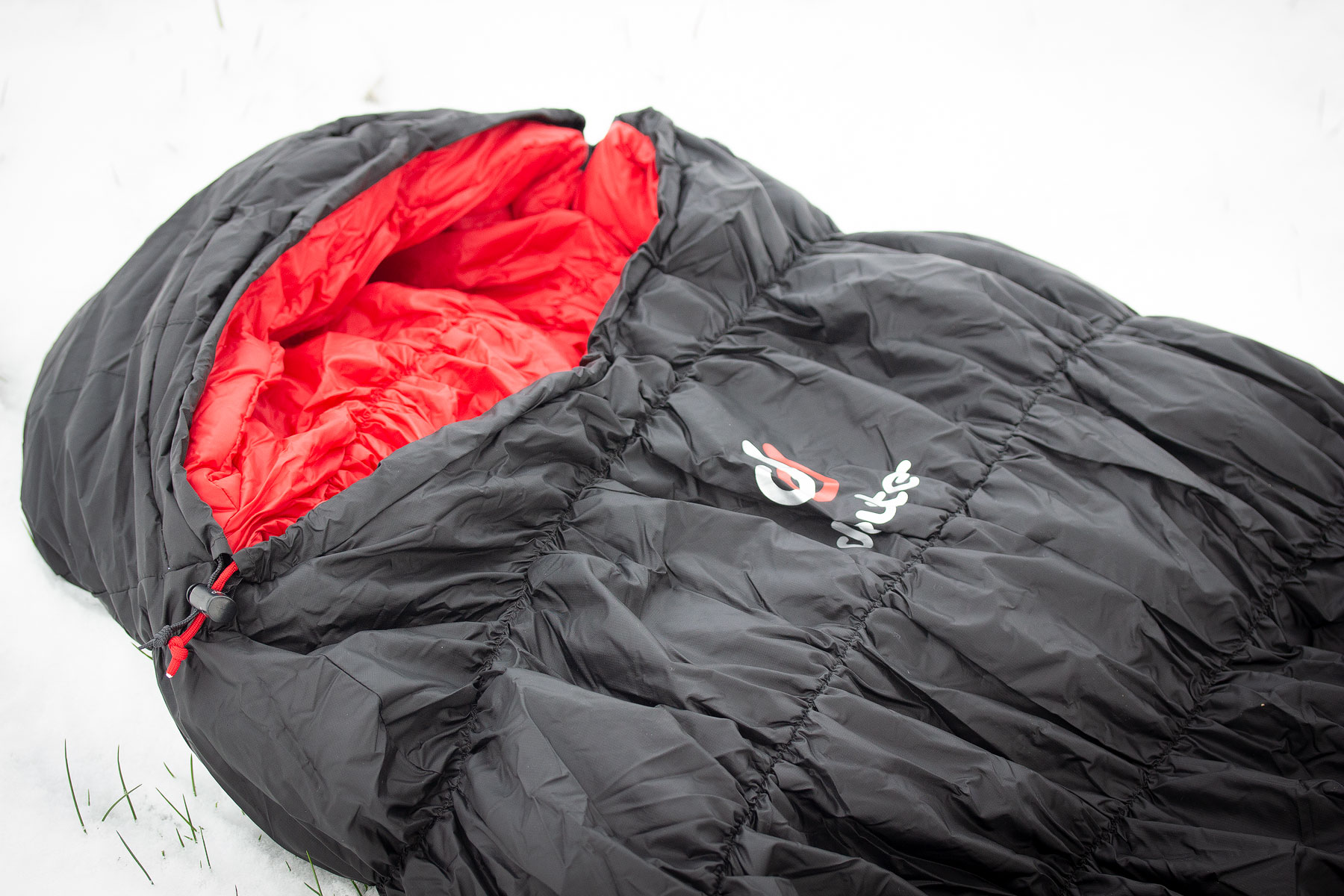
What’s stretch got to do with it?
Deuter’s stretch system, like Mountain Equipment’s version – is a development of a technology first introduced by Japanese brand, Mont Bell. The main difference, as far as I can see, is that the stretch in the Deuter bags extends to the shell rather than just the inner of the bag. In practice that ought to give two advantages. First a closer fit, which should be more efficient by eliminating air pockets and allow the bag to warm up quicker. And second, a comfort advantage allowing the bag to stretch with you as you move about.
First impressions are that it works pretty well. I’ve mostly been using a Patagonia down bag recently, which is very light for its warmth level, but has a pretty roomy chest area, which seems like an inefficient design, even though it’s comfortable in use. The Exosphere, for me at least, does a great job of fitting closely and snugly, but without any sense of tightness.
Other stuff and stuffing
The fill is Deuter’s own synthetic Thermo ProLoft – a mix of hollow fibres and full ones with a silicone coating – and it’s distributed totally evenly top and bottom, so Deuter guarantees the bag will conform to its temperature ratings whatever position you ‘choose’ to sleep in. No rolling over and getting a cold back. The EU tests are based on a mannequin lying on its back by the way, many of us are side sleepers. Go figure.
Other features include Dryzone water-repellant fabric in the box-foot area and at the top of the hood where you’re mostly likely to push against a damp tent or bivi bag surface. There’s an adjustable hood with two drawcords, one flat and one rounded so you can tell which is which at night. The main, double-ended zip – you can vent your knees when it’s warm – has anti-snag strips on either side, which is a nice touch. And finally the spec sheet includes an inside pocket, though our bag doesn’t seem to have one, maybe because it’s an early sample.
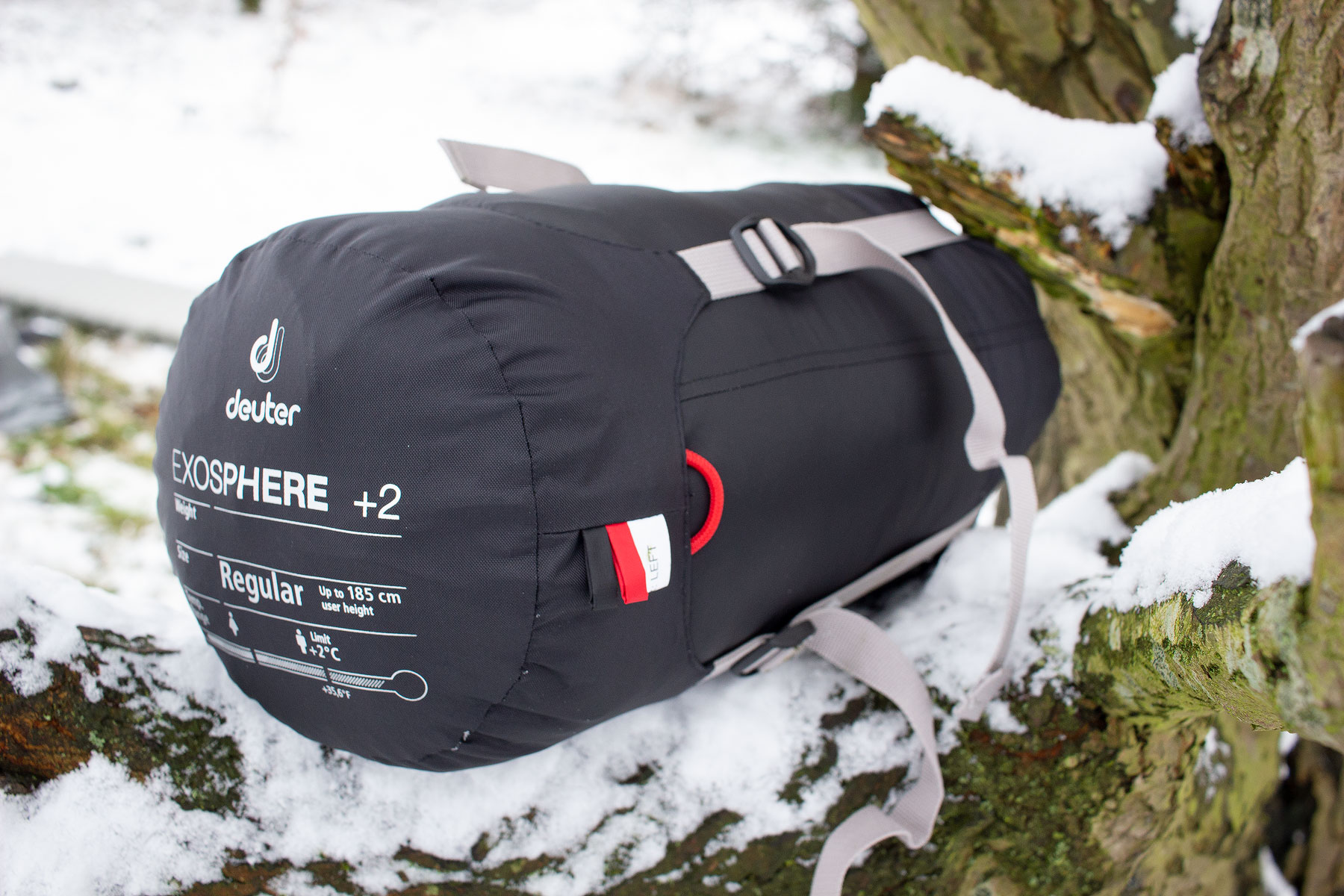
Our exclusive pre-production sample was labelled +2, but production models will of course be labelled 0 degrees.
Performance
I was a bit dubious about the stretchiness of the bag, but it actually works really well. The stretch is quite gentle, but enough to mean the bag hugs your body nicely. Nothing particularly new there, but whereas most close-fitting, snug-cut bags feel slightly restrictive, particularly if you’re a restless sleeper or given to in-bag calisthenics, the Exosphere has enough give that you don’t really notice it. It seemed – subjectively – to warm up slightly faster than a comparably rated Mountain Hardwear Hyperlamina Spark as well, though it’s always hard to judge. It also, more subjectivity, did feel comparably warm whether you slept on your side or your back.
Temperature ratings for the bag are +5˚C for Comfort, 0˚C for limit of comfort and -15˚C for ‘Extreme’, the level at which the bag will keep you alive, but not remotely snug. Ratings like this are always problematic as people, sleep skills and air humidity all vary, but it feels about right compared to similar rated bags I’ve used. At freezing point, it felt about right, but I wouldn’t want to use it at much below -5˚C. It’s not super light either. I reckon about 950g without the handy supplied compression sac, so around 170g more than the Hyperlamina Spark, though to be fair that’s very light for a synthetic bag.
Otherwise the bag’s design works well. The foot-box feels comfortable an unrestrictive. The main zip doesn’t snag. And although it’s not a unique idea, using different cord – flat and round – for the upper and lower hood adjustments makes tweaking things in the dark easier.
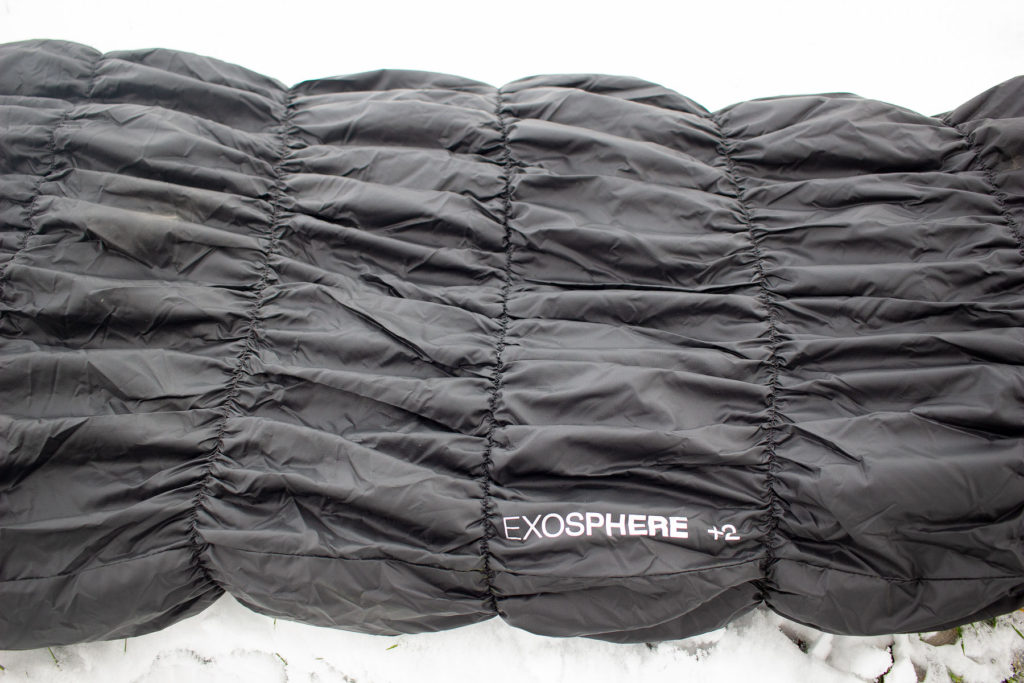
Verdict
The Deuter Exosphere 0˚ has the basic qualities you’d expect from a synthetic-filled bag, including improved water resistance and drying compared to untreated down, but its trump card is the improved comfort and efficiency from that stretchy construction. It might seem like a bit of a gimmick, but my early impressions are that it does work. The bag feels snug, but unrestrictive and happy with whatever sleeping position you prefer.
It’ll cope nicely in most UK conditions short of full winter and the general detailing is good, if not quite as slick as, say, Mountain Equipment’s latest bags. Pack size is reasonable too, particularly once snugged down in the compression sack supplied, though not quite as compact as a Spark. Overall, a super comfortable, effective all-round sleeping bag, with an unusual stretch-fit system that really does work.
Links
https://www.deutergb.co.uk/products/sleeping-bags/
